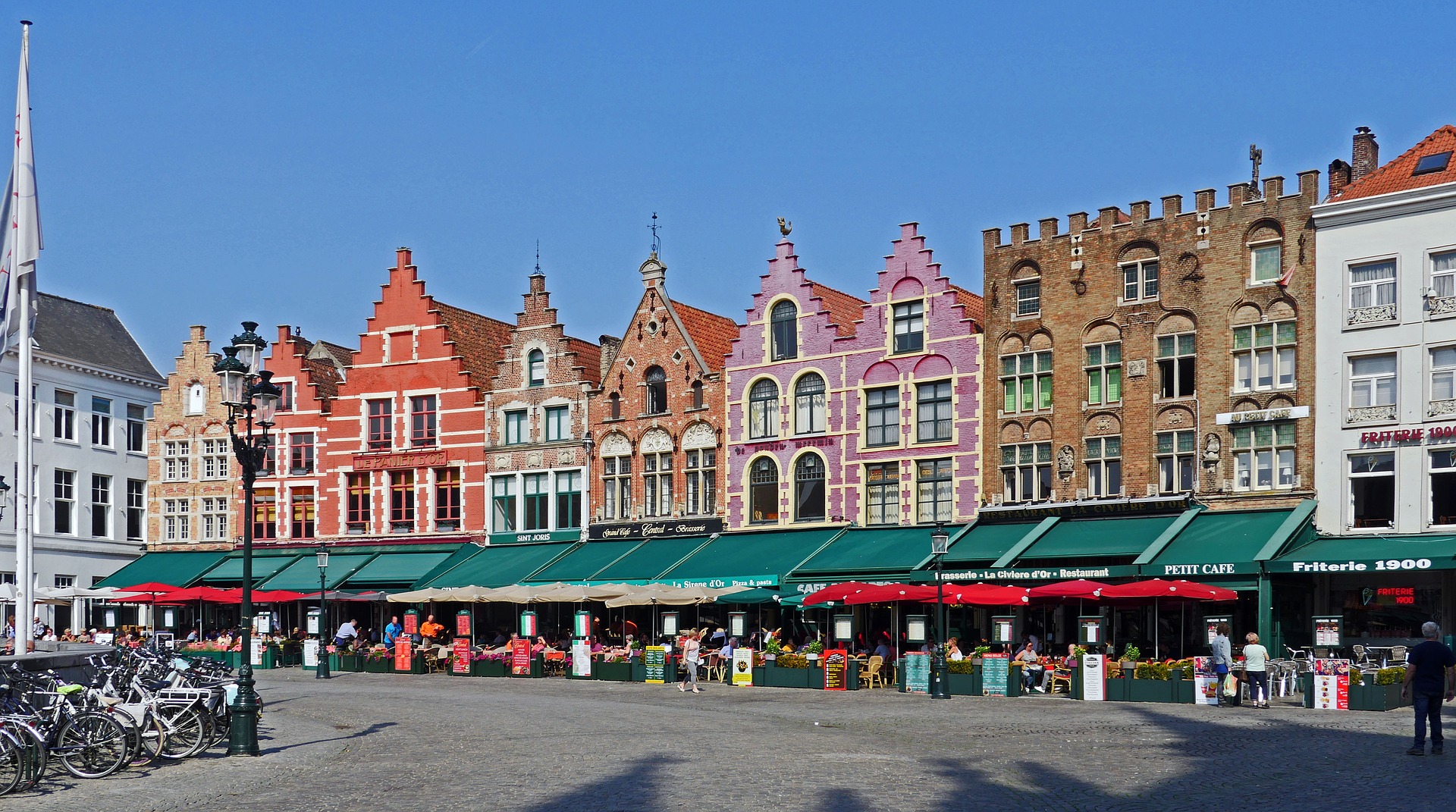Food Waste Prevention : Bruges says “no” to food floating down its canals

Press Contact: Pierre Condamine, Waste Policy Officer, Zero Waste Europe
[email protected] / +32 (0) 2 73 62 091
FOR IMMEDIATE RELEASE: Brussels, 09/11/2018
Zero Waste Europe released today its latest Case Study, showing how a medium-sized city can effectively tackle Food Waste by developing a comprehensive strategy which includes all the local stakeholders.
The publication reports how the city of Bruges implemented an ambitious Food Waste Strategy after assessing that no less than 750.000 Kg of edible food were wasted in the city by retailers every year. After 3 years, there are already encouraging results regarding the fish auction and the healthcare sector where one of the participating organisations reduced Food Waste by 43%.
The case study illustrates how the city decided to act by developing a plan based on a participatory approach in order to really impact Food Waste at a local level. According to FoodWin, the European Food Waste Innovation Network, “The case of Bruges and the creation of the Bruges Food Lab – where contribution from every protagonist were collected – shows that a collective approach is often the key to an efficient plan for a city”.
The publication also highlights some of the challenges that the city has encountered such as the difficulty to fully recover food surplus from retailers. Among these, the fact that only three organisations are in charge of collecting food surplus from shops and supermarkets led to only 10% of it being recovered.
“However the city is already working on a logistical platform to facilitate food redistribution to social organisations. A platform like this, along with a logistical service in charge of the food transportation, could really improve and widen food distribution around the city”, added Pierre Condamine, Zero Waste Europe’s Waste Policy Officer.
This document is part of a new series of case studies where Zero Waste Europe displays change-making initiatives from cities, companies and individuals that are challenging and transforming current business models.
To read the case study, follow this link.
Zero waste Europe organises a Study Tour in Flanders – 6th and 7th of December – to learn more about Bruges’ Food Waste Prevention strategy
and other waste management good practices. To know more about the Study tour visit the Cities website.
Ends